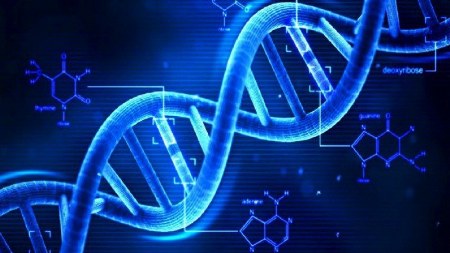Genes too decide how empathetic you are
London : Not just upbringing and experience as you age, genes too decide the level of empathy in humans, a team led by an Indian-origin scientist has found.
The study, led by University of Cambridge PhD student Varun Warrier, also said that women are, on average, more empathetic than men.

However, this difference was not due to DNA as there were no differences in the genes that contribute to empathy in men and women.
The research, published in the journal Translational Psychiatry, builds on a previous study that also found that women are slightly more empathetic than men.
“This is an important step towards understanding the small but important role that genetics plays in empathy. But keep in mind that only a tenth of individual differences in empathy in the population are due to genetics. It will be equally important to understand the non-genetic factors that explain the other 90 per cent,” said.
It also showed that, on average, autistic people score lower on the Empathy Quotient (EQ) — a brief self-report measure of empathy — and that this was because they struggle with cognitive empathy, even though their affective empathy may be intact.
The new study found three important results.
First, the team reported that a tenth of humans’ degree of empathy is due to genetic factors — confirming the previous research that examined empathy in identical versus non-identical twins.
Secondly, it confirmed that women are on average more empathetic than men.
“This implies that the sex difference in empathy is the result of other non-genetic biological factors, such as prenatal hormone influences, or non-biological factors such as socialisation, both of which also differ between the sexes,” the study said.
Finally, it found that genetic variants associated with lower empathy are also associated with higher risk for autism.
According to Thomas Bourgeron of the Paris Diderot University, “this new study demonstrates a role for genes in empathy, but we have not yet identified the specific genes that are involved.”
IANS







